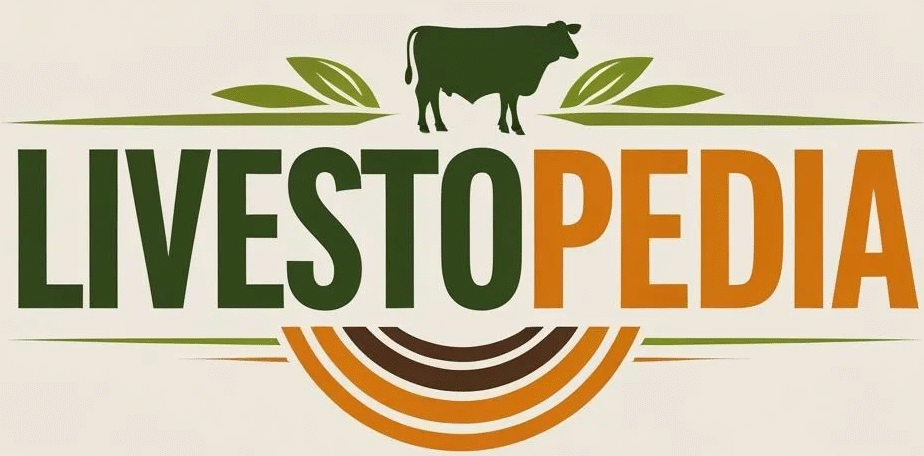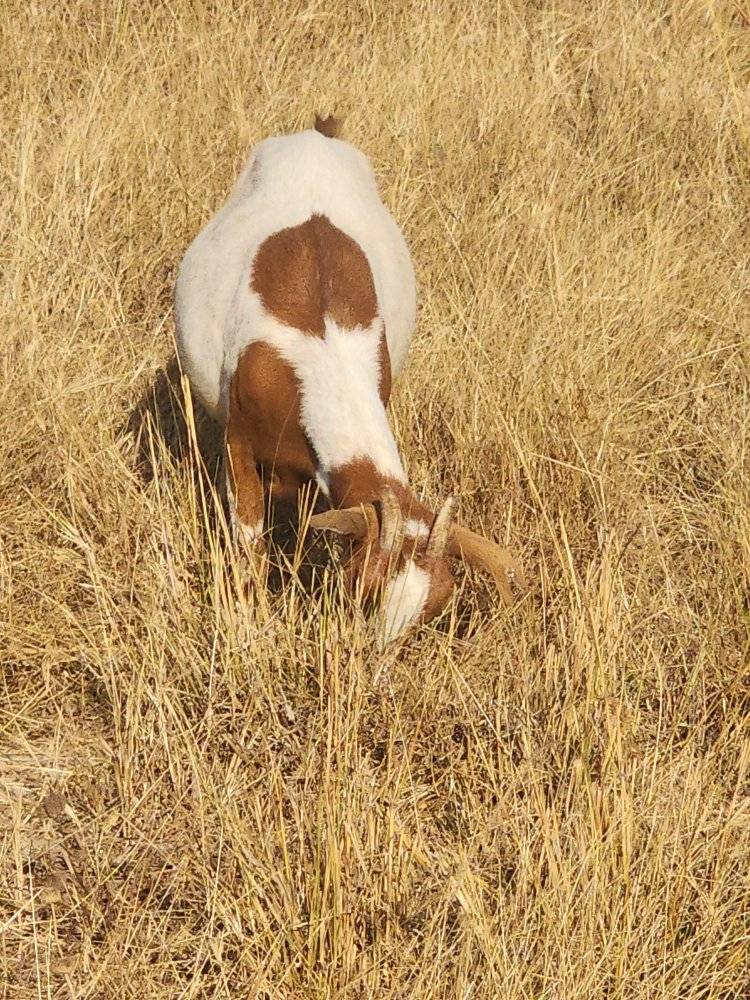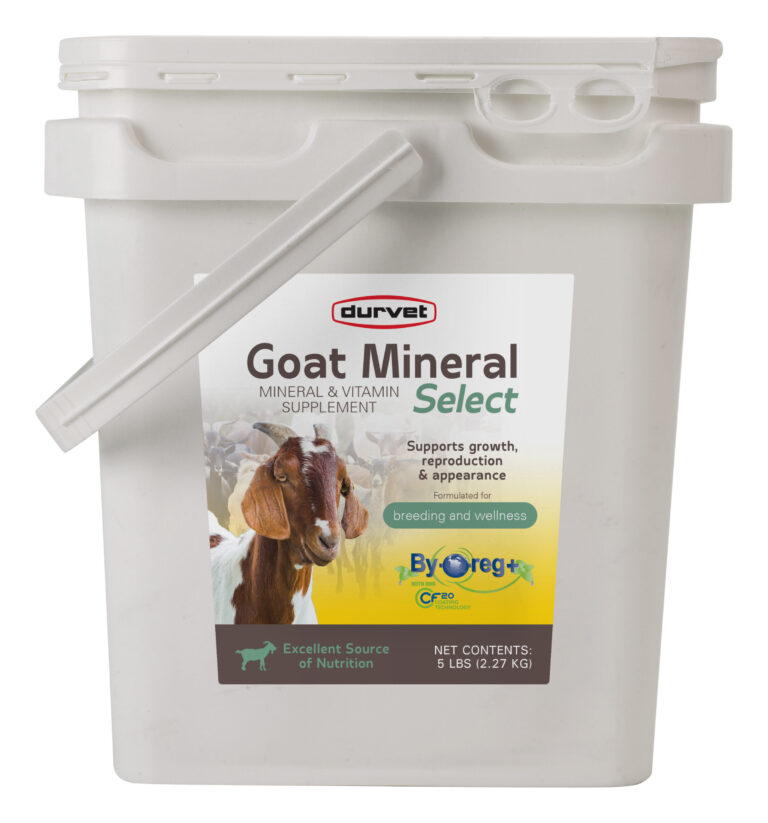Pasture and range management plays a central role in free-range and semi-free-range turkey production. It offers both nutritional and welfare benefits when done correctly.
Turkeys are natural foragers that thrive on access to open land where they can graze, hunt insects, and engage in natural behaviors.
However, effective management is essential to maximize the benefits of range access while avoiding problems such as overgrazing, predator attacks, and nutritional gaps.
The first step in successful range management is selecting suitable pasture. A healthy range should offer a diverse mix of grasses, legumes, and broadleaf plants, as these provide not only energy and protein but also vitamins and minerals that enhance meat quality and overall health.
Clovers, alfalfa, and perennial ryegrass are excellent forage options for turkeys, while small patches of sunflower or millet can encourage natural feeding behavior.
Avoid areas prone to waterlogging, as damp conditions can lead to foot problems and disease outbreaks.
Pasture rotation is a cornerstone of range management. By moving birds to fresh sections of land every few weeks, farmers can prevent overgrazing, allow vegetation to recover, and reduce the build-up of parasites and pathogens.
Temporary fencing works well for subdividing pasture into smaller paddocks, making it easier to control grazing pressure and protect regrowth.
Well-managed rotations also help maintain soil fertility and improve the long-term sustainability of the land.
Shelter and shade are equally important on the range. While turkeys enjoy sunlight, prolonged exposure to high heat can cause stress and reduce feed intake.
Portable shade structures, natural tree cover, or strategically placed shelters help maintain comfort. Providing windbreaks also shields birds from cold gusts during cooler months, which is particularly important for maintaining steady weight gain.
Water access must be consistent and convenient. Placing drinkers at multiple points across the pasture ensures all birds can hydrate without traveling long distances.
In hot weather, water should be changed frequently to keep it cool and palatable.
Some farmers place feed troughs and waterers in slightly different locations to encourage movement and even grazing patterns.
Predator protection is a constant concern in open-range systems. Electric fencing, guardian animals like dogs or llamas, and secure night housing are common measures to reduce losses.
Turkeys are more vulnerable than chickens due to their size and slower reaction time, so vigilance is key.
Finally, range management should integrate with an overall feeding plan. While foraging provides valuable nutrients, it cannot meet all the dietary needs of growing or finishing turkeys.
A balanced formulated feed should always be available to ensure complete nutrition, especially during periods when pasture quality declines.
Well-managed pastures produce birds with exceptional flavor and quality that appeal to consumers seeking naturally raised poultry.


